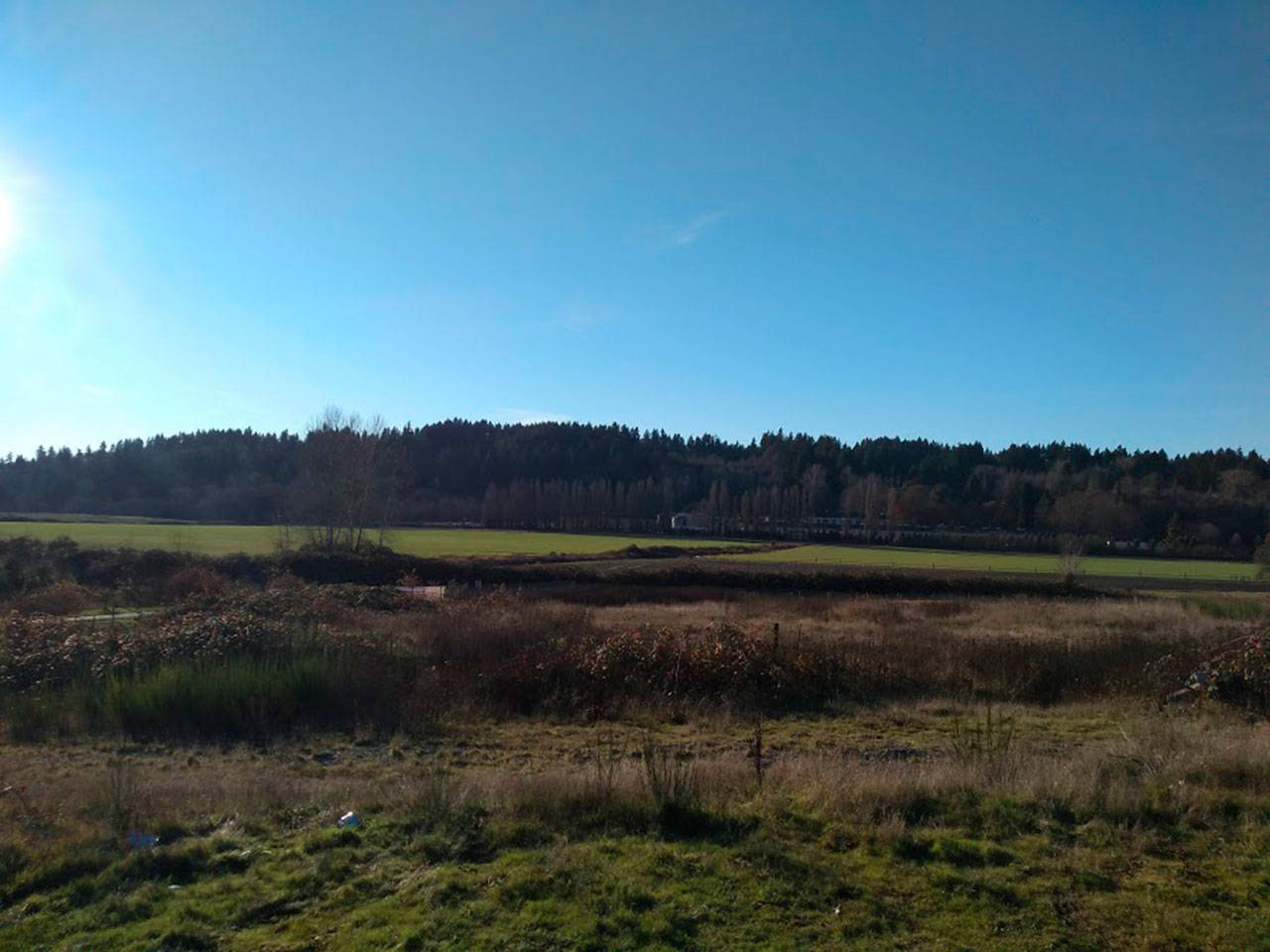A King County ordinance that would create a pilot program to allow alcohol tasting rooms and production in unincorporated areas was sent back to committee after a lengthy public hearing.
The ordinance in question would allow tasting rooms for wineries, breweries and distilleries to operate in three areas of the county at first, but if successful, the program could set precedent for code across King County. In particular, the ordinance is dealing with several tasting rooms that have set up in recent years just outside of the Woodinville tourism district. While the tourism district is zoned to support tasting rooms, under current county code, several of the tasting rooms in unincorporated King County are not allowed.
The public hearing packed the council chambers and led to more than a three-hour meeting as supporters and detractors of the ordinance voiced their concerns. The sides roughly broke down to winery, brewery and distillery owners who hoped the ordinance passed — and neighbors and farmers who were worried it could open the door for development and contamination for farmland across the county.
A representative of the Castillo De Feliciana winery asked the council to pass the ordinance, allow parking to be accommodated at current levels, and extend their hours of operation past a 7 p.m. cutoff on weekdays. Several other business owners expressed frustration and concern that while they were trying to come into compliance with interim permitting rules, it seemed that King County staff was constantly changing their regulations.
Several farmers also showed up to voice concerns that allowing these pilot programs to continue could eventually open the door for land speculators to purchase normally cheap farmland, therefore driving up the cost of land and pricing small farmers out of the market.
The council ultimately decided to send the ordinance to the Committee of the Whole for further discussion at a date yet to be decided.
“We will make sure the public knows what the schedule is,” said council chairman Rod Dembowski.
The ordinance was created to try and balance the desires of winery tasting rooms — which set up in the Sammamish Valley in recent years out of compliance with city code — and neighbors and farmers who view this as a threat to the semi-rural and agricultural nature of the valley.
Neighbors of the wineries and tasting rooms in recent years began filing code enforcement complaints against the facilities operating without permits. Some said at the public hearing that noise from events at these facilities were affecting their quality of life while others worried about an increase in traffic.
Under the proposed ordinance, alcohol production and tasting rooms would be broken into three categories, roughly by their size. The first and smallest would be for production facilities of no more than 1,500 square feet that would not be allowed to have onsite tasting, events or sales. It would allow small commercial production to replace home businesses.
The next level would allow up to 3,500 square feet of space for properties of at least 2.5 acres of land. Product tasting and sales would be allowed and events could be held with temporary-use permits.
The largest category would allow for up to 8,000 square feet of facility on properties of at least 10 acres in size. Product tasting and sales would be allowed and events would need special permits. In the valley, only two wineries have enough land to qualify for this. The largest two classes of wineries would also be required to grow at least 60 percent of their grapes on site.
If the pilot program is successful, these rules could change alcohol production across the whole county. Two pilot zones would also be created in the Sammamish Valley that would allow most of the current wineries and tasting rooms on rural-zoned land to remain at least through the duration of the three-year pilot program.
Most of these businesses are located on rural land on the eastern side of the Sammamish Valley. However, at the center is the Sammamish Valley Agriculture Production District, farmland the county is preserving for farmland. In total, the district is 1,082 acres and produces food, sod, trees and hosts around 500 acres for equestrian uses.
Talk to us
Please share your story tips by emailing editor@kentreporter.com.
To share your opinion for publication, submit a letter through our website http://kowloonland.com.hk/?big=submit-letter/. Include your name, address and daytime phone number. (We’ll only publish your name and hometown.) Please keep letters to 300 words or less.

